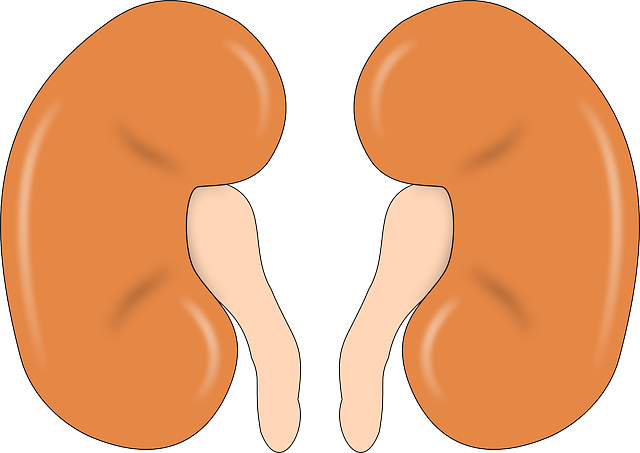Kidney experts discussed two recent studies suggesting that high protein diets may be harmful to kidneys in some people.
Many popular diets advocate increasing protein and reducing carbohydrates as a good way to lose weight and improve health. However, some experts have begun to question this view. In particular, they are concerned that high protein diets may be harmful to kidneys in people with reduced kidney function.
High protein diets increase filtration and pressure in kidney
Previous research has shown that eating a protein-rich diet increases the filtration rate in the kidneys, in turn increasing the pressure within the kidneys. Conversely, a low protein diet decreases filtration and pressure in the kidneys. Although people with healthy kidneys may be unaffected by high protein diets, others may be unaware that they have kidney problems and are at risk of kidney damage from such diets. In particular, obese or diabetic patients who may be looking for effective ways to lose weight, also often have reduced kidney function.
In a recent issue of Nephrology Dialysis Transplantation, experts from the European Renal Nutrition Working Group discussed the implications of two new large studies (reported in the same journal issue), investigating the effect of high protein diets on kidney function.
Two studies looked at the effects of high protein diets on kidney health
In the Netherlands, over 4,800 patients with previous heart attack took part in the trial with omega-3 fatty acids. Researchers examined blood samples and dietary information from a subgroup of over 2,200 of these patients, to investigate kidney function in relation to protein in the diet. Analysis showed that there was a direct relationship between daily protein intake and decline in kidney function.
In a population study of over 9,000 people in South Korean, the risk of kidney hyperfiltration was 3.5 times greater in the highest versus lowest protein diet. People with the highest protein intake had a 1.3 fold greater risk of a faster decline in kidney function over time. The South Korean researchers also examined a population of over 40,000 people who took part in the Korean National Health and Nutrition Examination Survey (2008-2015). Similar to their initial study findings, they found that those in the higher dietary protein group showed a higher risk of kidney hyperfiltration.
Important to increase awareness that high protein diets may harm kidneys
Although the findings from these studies are not new, experts from the European Renal Nutrition Working Group are concerned that many people may be unaware that they are at risk of kidney disease and may damage their kidneys if they adopt a high protein diet to lose weight.
Prof. Denis Fouque, past-chair of the European Renal Nutrition Working group, explained that a high-protein diet induces kidney hyperfiltration which may boost pre-existing low-grade kidney disease, often found in diabetes patients, but also in patients with no apparent previous health problems. Prof. Fouque stressed the importance of raising awareness of this issue, “It is essential that people know there is another side to high-protein diets, and that incipient kidney disease should always be excluded before one changes ones eating habits and adopts a high-protein diet.”
Written by Julie McShane, MA MB BS
References:
- Kalantar-Zadeh K, Kramer H, Fouque D. High-protein diet is bad for kidney health: unleashing the taboo. Nephrology Dialysis Transplantation gfz216, https://doi.org/10.1093/ndt/gfz216
- Esmeijer K, Geleijnse JM, de Fijter JW, et al. Dietary protein intake and kidney function decline after myocardial infarction: the Alpha Omega Cohort. Nephrology Dialysis Transplantation gfz015, https://doi.org/10.1093/ndt/gfz015
- Jhee JH, Kee YK, Park S, et al. High-protein diet with renal hyperfiltration is associated with rapid decline rate of renal function: community based prospective cohort study. Nephrology Dialysis Transplantation gfz115, https://doi.org/10.1093/ndt/gfz115
- ERA-EDTA, Press release, 18 Nov 2019. High-protein diets may harm your kidneys.https://www.eurekalert.org/pub_releases/2019-11/e-hdm111819.php
Image by OpenClipart-Vectors from Pixabay



